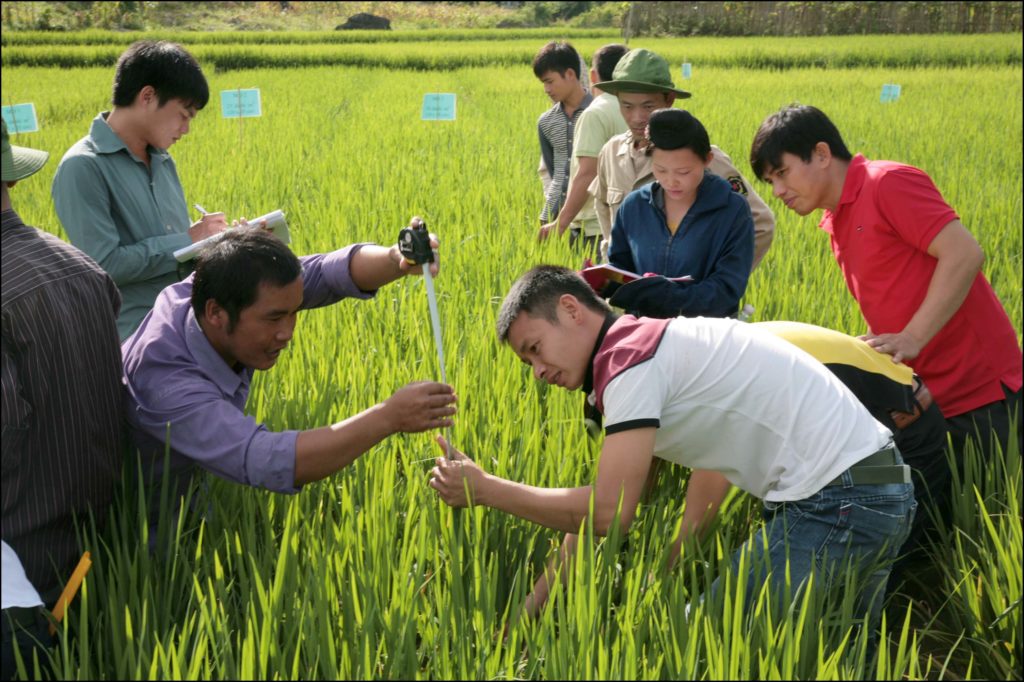
For more than 25 years the Danish NGO, ADDA, has been training farmers throughout Southeast Asia to be self-sustainable. Their continuous programs in the region strive to make the rural farmers more skilled in both agricultural techniques as well as social and economic actions, so that they are prepared for a changing world.
ADDA or “Agricultural Development Denmark Asia” is currently active with ongoing projects in Vietnam, Cambodia, Myanmar and Tanzania in Africa. Overseeing these projects is the Chairman of ADDA, Søren Thorndal Jørgensen, and although they might differ somewhat in the technical lessons they teach, they all follow the overall vision of the ADDA organization
“Our vision is to enable local farmers in Asia and Africa to sustain their lives themselves. That means that we will teach how to cultivate their crops and keep their animals in a sustainable way,” Søren explains.
The process to achieving self-sustainability, however, cannot just be attained merely through training in agricultural techniques. That is a lesson ADDA made in its early days as an organization.
“In the beginning of ADDA’s encounter in Vietnam we thought that the main problem for the farmers was the technical issue of growing the crops in the right way, but we learned that it’s not just the technical aspect that’s the problem, it’s also about the organization and the interaction with the society at large. So, slowly we have incorporated more of those social activities and legal aspects of farming work into our projects,” Søren says.
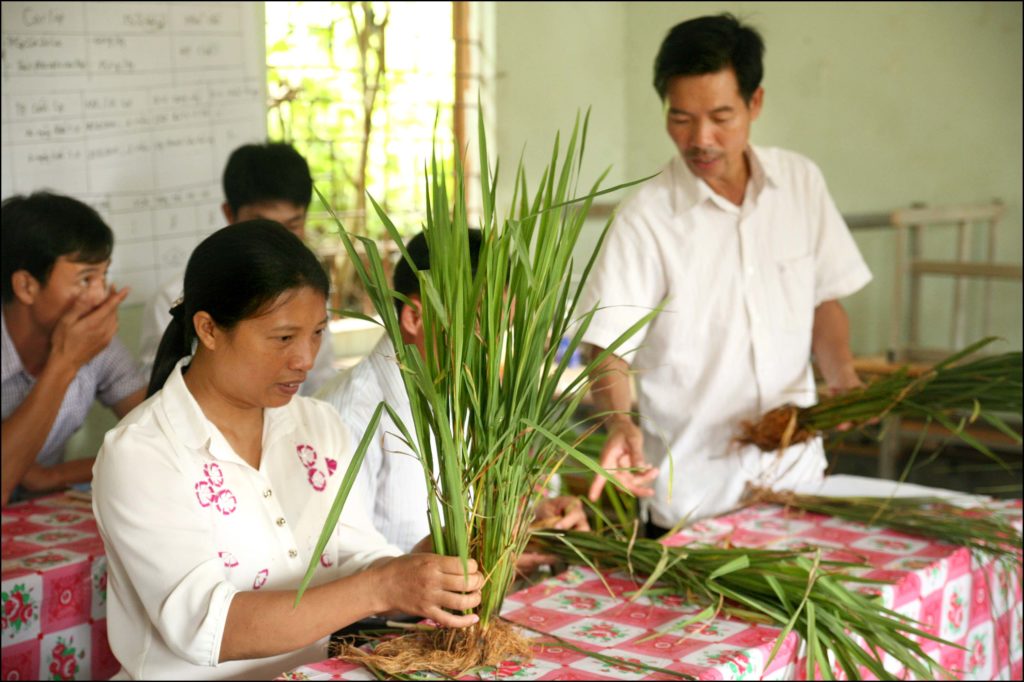
The VOF project
A good example of this approach is the current VOF project in the Northwestern part of Vietnam implemented by the Vietnamese organization “PanNature”. The ethnic minority population of the mountainous region is facing several difficulties in sustaining their farming lifestyle. A combination of climate change, causing soil erosion and fierce rainfall, and an increased population has created the need for new ways of farming.
“To sustain the growing population, they have started to cut down the forest in order to make more space for crops. But the sloping land of the forest is not suitable for the crops from the lowland. So, they need some other farming practices,” Søren says.
As Søren explains, a lot of the farmers have moved from the lowland and are therefore not trained in the cultivation of, for example, citrus and mango which fits better with the new environment, and they therefore need some help. Other agricultural tricks include new drought resistant rice cultivation techniques (SRI) and the growing of intercrops such as grass which can be used as food for the buffalos and cows, but also more efficient planting of seeds and a reduction in the use of fertilizer and pesticides. These are some of the main insights that the ADDA-program provides.
“It’s not a technical revolution, but for these farmers which have no technical education whatsoever, it is a big step forward,” Søren adds.
These new methods mean that the farmers’ cost on input before harvest becomes smaller, while at the same time the output or simply the yield becomes greater. According to Søren these improvements mean that the farmers can even triple their income on a harvest. But these changes in farming finesse is only half of the training that the ADDA-projects provide.
Another essential part of the lessons ADDA wants to introduce to the farmers is the awareness of the business aspect of being a farmer. This is a side of the profession, which is maybe even more foreign to the rural farmers, but it is still a very important feature of the program. The farmers attend the Farmer field school, where they learn critical technical skills combined with education on commercializing their farming practice and finally group formation.
“We teach them to make a business plan, how to sell their products and we teach them to look at the market needs,” Søren says.
The school wants to teach the professionalism in the farming trade and that also means encouraging the farmers to cooperate in their work.
“The group formation process is very important. After the farmer field school, the 30 farmers that attended usually stay in a group, where they buy their input together and sell their output together. This cooperation increases their income even further,” Søren says.
This strengthens the farmers’ position on the market, so they can achieve a higher average price on their goods. Another big step forward. Before the farmers were selling whatever surplus they had on the market individually without any contract, often selling to some middleman which led to a decrease in the revenue made on the harvest.
As Søren remarks “it is very expensive to be a small poor farmer working on your own”
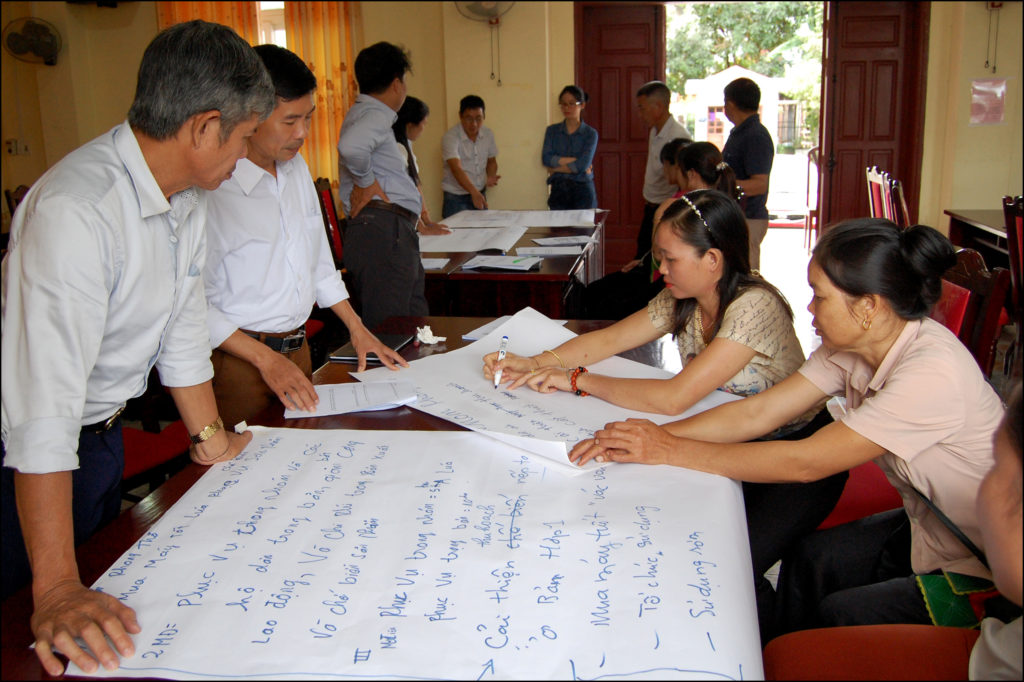
Empowering the marginalized.
The region that the ADDA project is stationed in is one of the poorest regions in all of Vietnam. The rural farmers are of an ethnic minority, who speak another language than the official one of Vietnam. In some ways this has entailed, that the areas are being under prioritized by the state, because their problems are not important in the agenda of the major cities in the lowland. This for instance is seen in the lacking infrastructure of the region.
“When I started coming to Vietnam the infrastructure to Dien Bien Phu from the village was just a muddy road. So even if you increased the production, it was very difficult to reach the market. And even though that has changed, the poverty rating is still quite high in the mountainous areas,” Søren says.
Also, in this sense the ADDA organization is teaching the farmers and people of the villages how to do the bureaucratic legwork required to be able to realize community enhancing projects.
“We make something called community development projects. This is a program where they must come up with a practical idea, that will serve the local community. We give them around 3000 dollars and then they have to seek co-finance from the local authority. This is to teach them how to make project proposals, how to work together on a project and actually get it done practically,” Søren explains.
A typical example of an idea could be a concrete road leading from the village to the main road. ADDA will then pay for the cement and the people will have to do the rest themselves. The important lesson here, is not just how to construct a road, it is also learning how to fill out a project proposal that explains the project in detail so that the process comes through in the local administration.
“Instead of just picking up the phone and saying, “we want this”. That’s not going to happen,” Søren remarks.
The ADDA projects believe that “learning by doing” is better for the local people, when learning how to implement community development projects, because it’s more comprehendible than the theoretic learning approach. It makes them capable of actually making new projects on their own in the future.
This is in line with the general philosophy of ADDA to make the farmers independent of foreign aid.
ADDA also trains local villagers to be trainers of agriculture to the rest of the village. In this way the local farmers don’t have to rely on trained experts from agricultural university, that they already distrust because of their marginalized position.
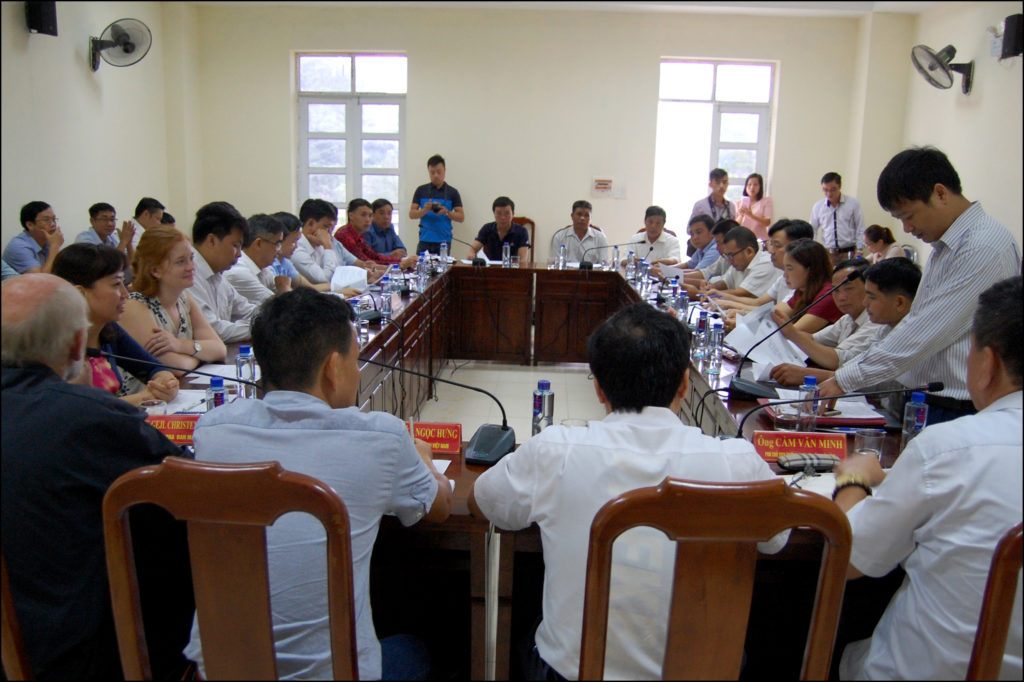
The future of rural famer societies.
ADDA is financed by a number of big donors and government grants as well as private donations. Lately however it has been more difficult for them to obtain the money needed to carry out their missions.
This is very unfortunate since the farmers of northwestern Vietnam, like those of ADDA’s other projects, will have to face substantial dilemmas in the future. In particular, there are two major problems the farmers are going to have to deal with. First, they need to modernize their way of farming to accommodate for the drastic climate changes.
“It is going to be a really big issue for them in the future. We cry when we get a little rainfall at home in Denmark, but it is ten times worse in Vietnam. So they need to adapt,” Søren says.
The other major issue is the exclusion from the world market.
“They have a little bit of window to establish themselves on the market still. But they have to learn to work together quickly, otherwise they will be marginalized completely. If they don’t, they maybe have to end up as a living museum or something instead,” Søren says.
The indigenous way of conducting a farming lifestyle doesn’t have a future however romantic the idea might seem.
“I know that some people think it’s nice to have these people walking around in the forest but it’s impossible to sustain. You can’t preserve everything,” Søren says.
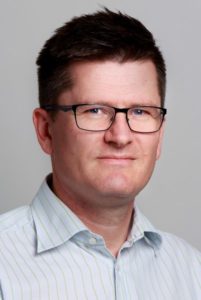


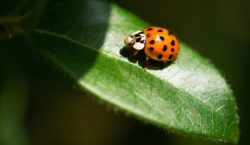
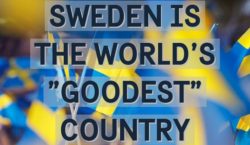
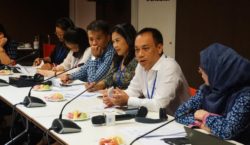
Dear friends in ADDA,
I was very pleased to learn this morning, via a non-direct way from Oxford to Hawaii to Ithaca, about your work with SRI methods in Vietnam. Having been associated with SRI for some 25 years and having seen it reach now over 60 countries, with Vietnam still one of the most active countries for SRI uptake, it was gratifying to know of your work there with these eco-friendly methods.
We try to keep track of SRI initiatives and experience around the work with our small program here at Cornell (SRI-Rice http://sri.cals.cornell.edu) so would be glad to know more of your and the farmers’ learning in Vietnam, and possibly in other countries where ADDA is working. I would especially like to be in touch with Soren to know his agronomic observations.
With best regards,
Norman (Uphoff — [email protected])